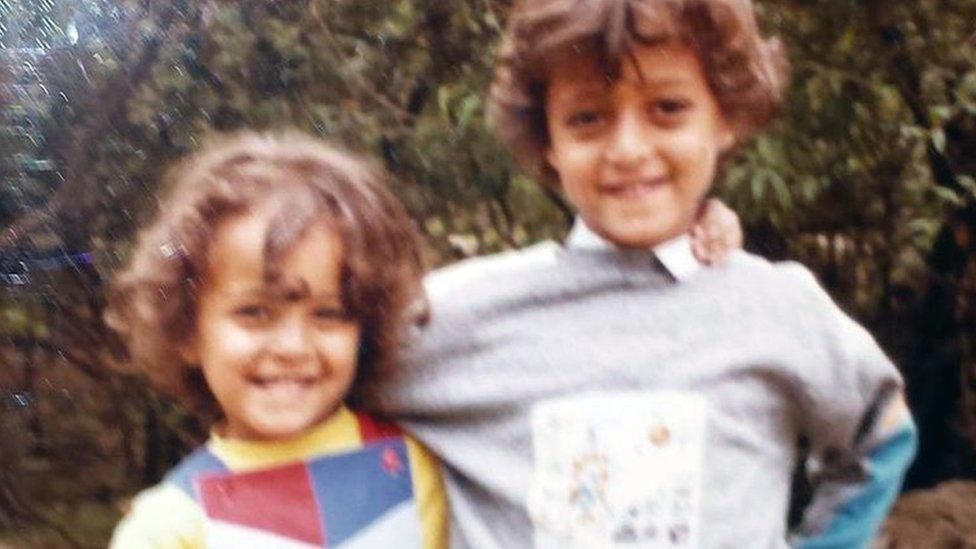Yemen's Houthis step back on threats to tax aid
- Published
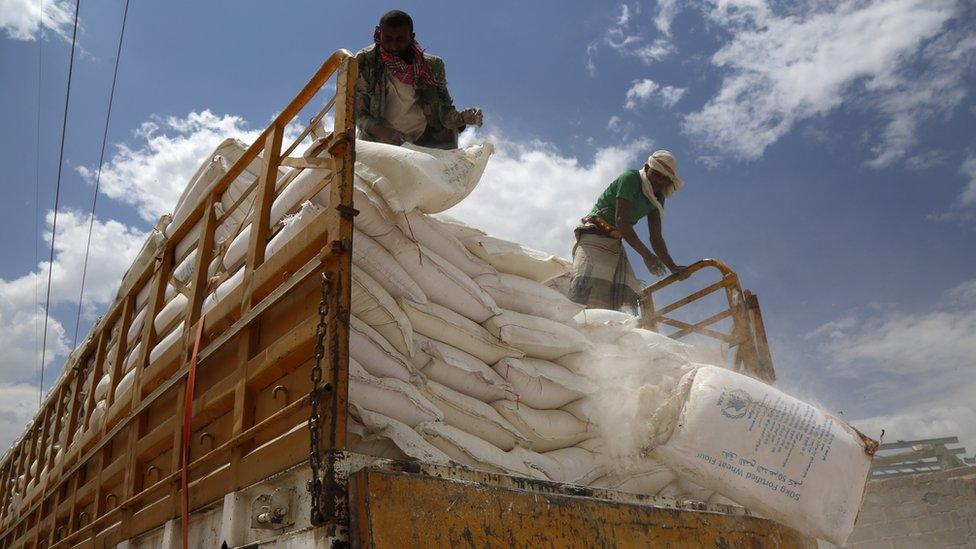
Millions of Yemenis are dependent on humanitarian aid
Yemen's Houthi rebels have dropped a threat to tax international assistance sent to the war-torn country.
The rebel group, which has controlled the capital Sanaa and much of Yemen since 2014, had said they would impose a 2% levy on humanitarian aid.
However, in a letter seen by AFP and confirmed by the Houthis on Friday, the group agreed to drop the demand.
Yemen is the world's largest humanitarian crisis, with 80% of the country's population dependent on aid.
The letter, sent by the head of the Houthi aid body SCMCHA and addressed to UN official Mark Lowcock, said the decision had been taken to suspend the tax "and not apply it for this year 2020".
A UN official in Sanaa also confirmed the decision.
The news came a day after a meeting of aid agencies and major donors in Brussels on Thursday said the situation in Yemen had "reached a breaking point".
They warned that aid distribution could be scaled down or interrupted in areas where "principled delivery", or neutral operations, were no longer possible.
The meeting said that while both sides were responsible for issues faced by humanitarian and UN agencies operating in Yemen, the Houthi's proposed tax had triggered the latest crisis, according to AFP.
A strongly word summary of the talks in Brussels, obtained by the BBC, did not name the Houthi movement, but said that the operating environment had rapidly deteriorated across the country and in the north - which is under rebel control - in particular.


The statement said the work of humanitarian agencies had been impeded by delays, permits being refused and threats to staff.
The BBC's chief international correspondent, Lyse Doucet, says the Houthi authorities have made it clear they want greater control over what is the largest aid operation in the world, with one aid official who attended Thursday's meeting commenting that the statement was in effect an ultimatum to the Houthi authorities.
Yemen has been gripped by civil war since 2014, when the Houthi movement seized large areas of territory across the country, forcing President Abdrabbuh Mansour Hadi to flee abroad.
Saudi Arabia, the United Arab Emirates and seven other Arab states - who were alarmed by the rise of a group they believed to be backed militarily by Iran - launched a military campaign in March 2015, aiming to restore Mr Hadi's government.
The Houthi rebels have been accused of obstructing aid deliveries and distribution in Yemen, which was already the Arab world's poorest country before the conflict broke out, while the Saudi-led coalition maintains a partial blockade on the country.
The UN had verified the deaths of at least 7,500 civilians by September 2019, with most caused by coalition air strikes. A monitor group has estimated the fighting has killed 100,000 people, including 12,000 civilians.
Dr Abdullah Thawaba said Yemen's only cancer hospital cannot give children the treatment they need
- Published13 February 2020
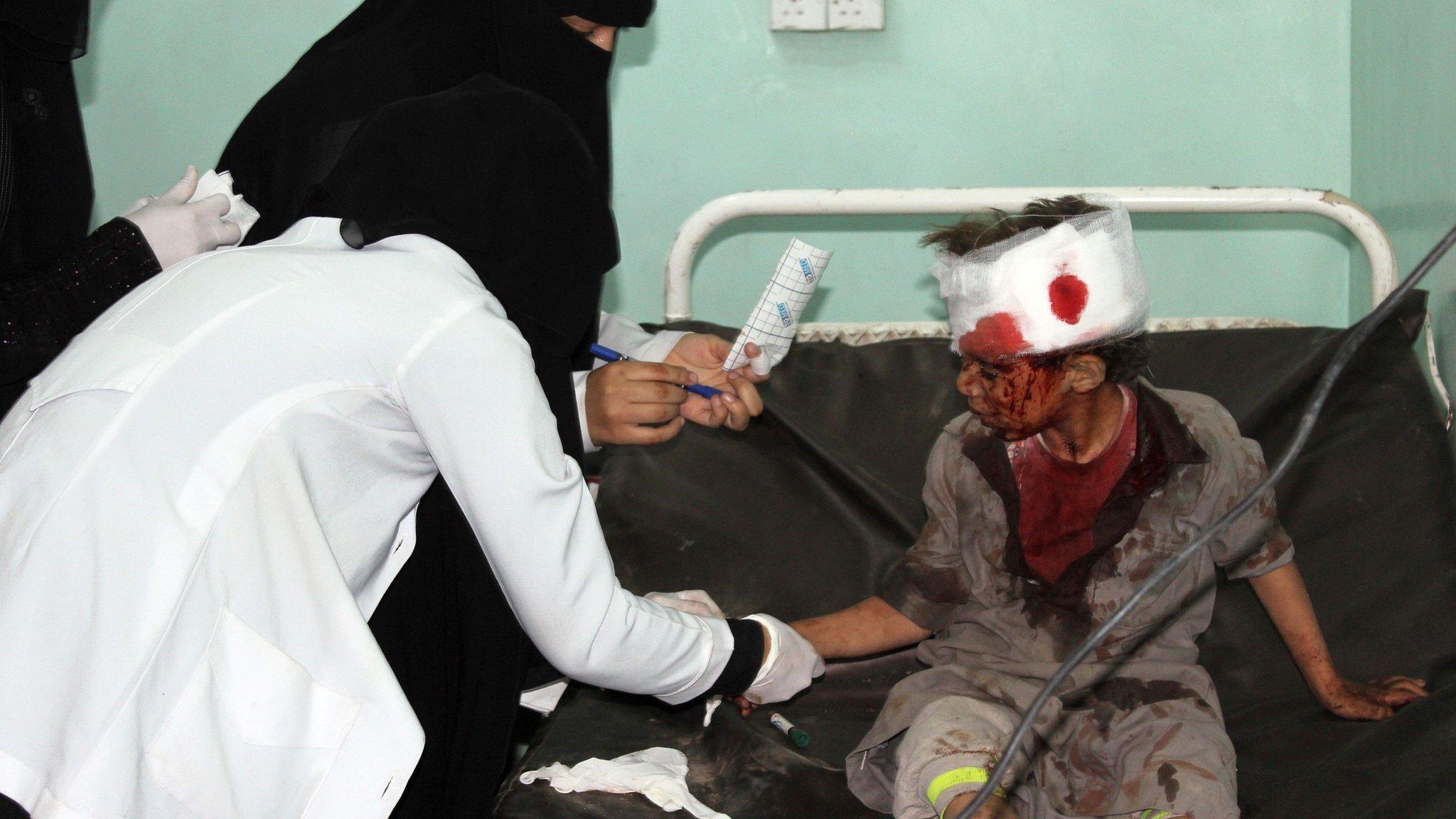
- Published11 February 2020
- Published3 February 2020
- Published3 February 2020
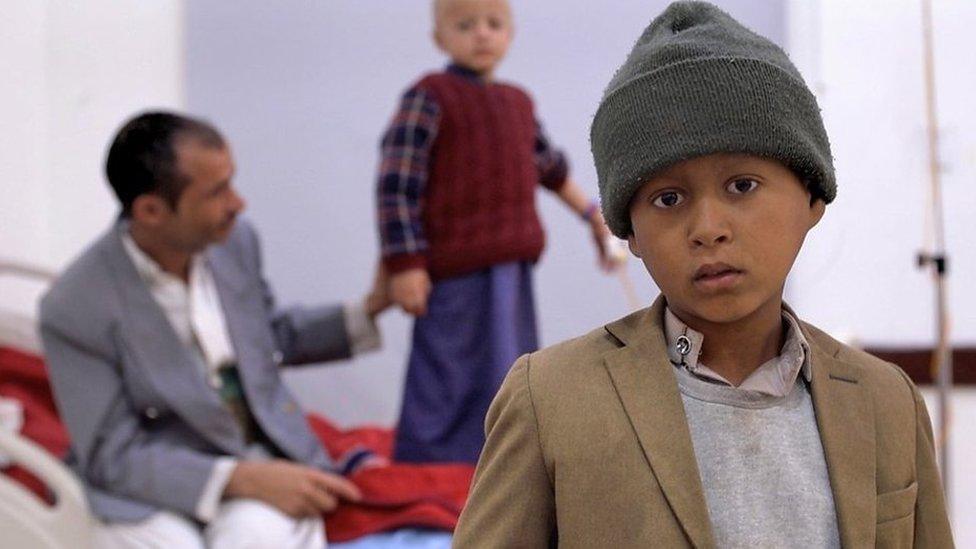
- Published10 July 2019
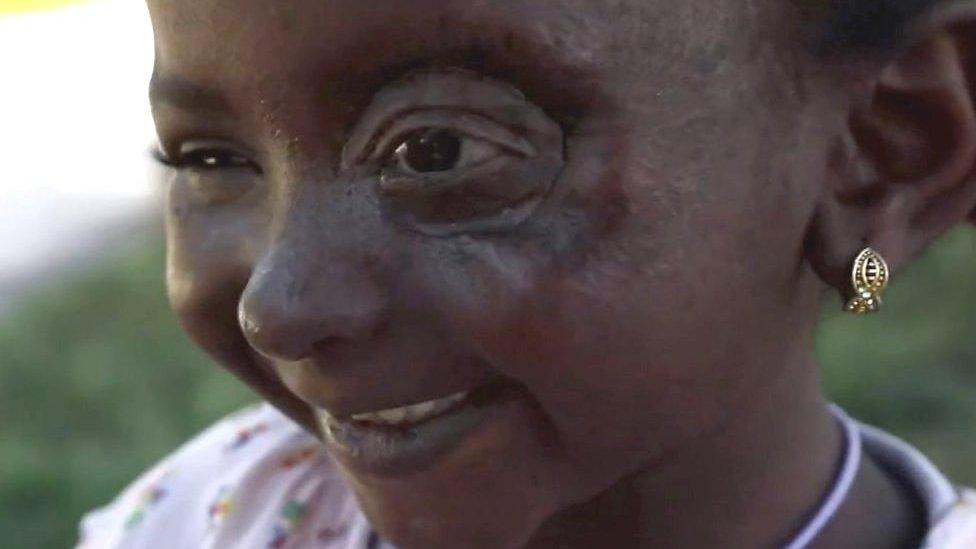
- Published1 August 2019
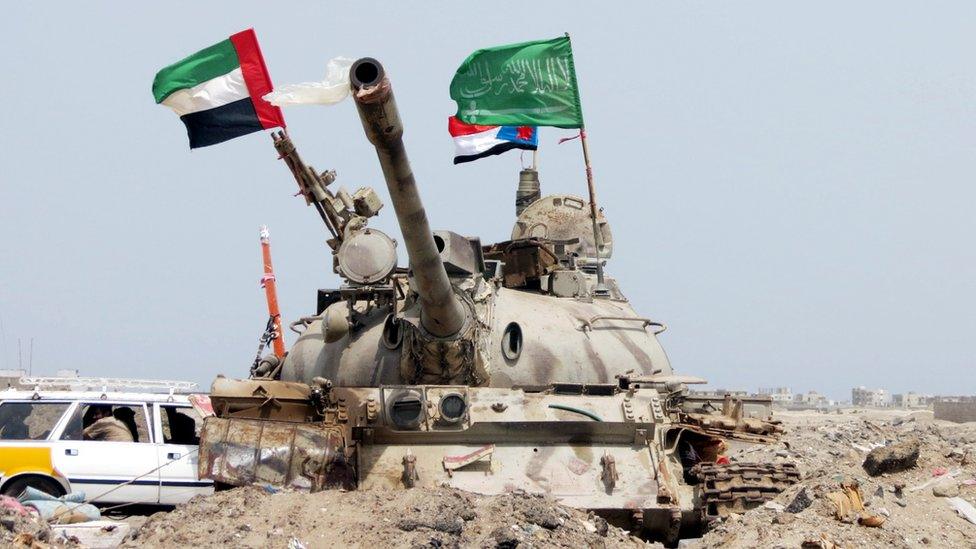
- Published14 April 2023
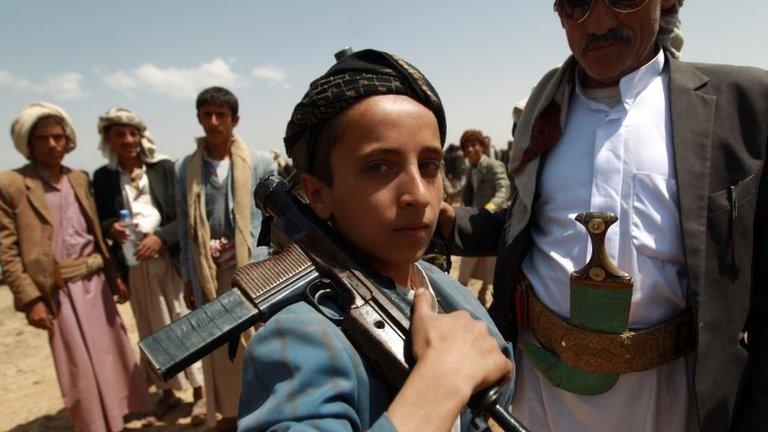
- Published13 June 2018
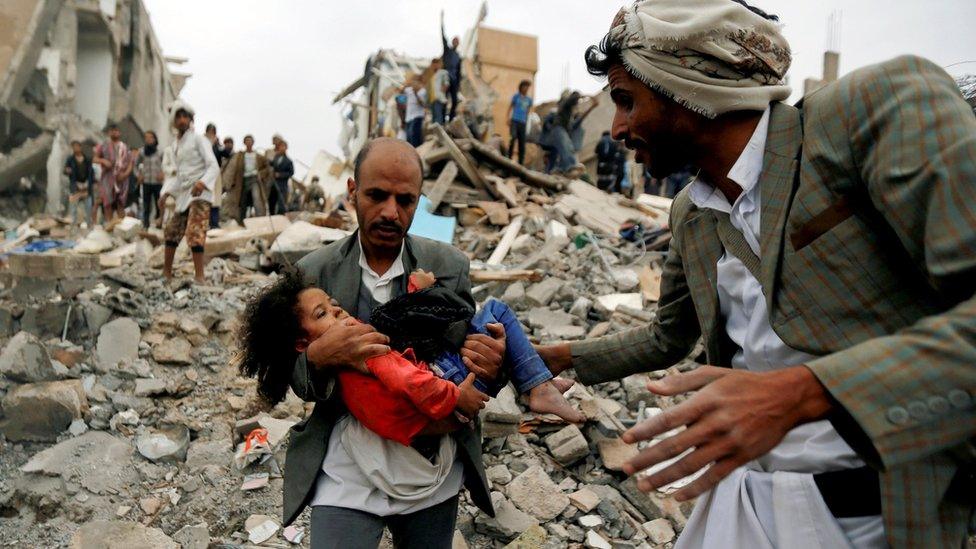
- Published26 March 2017
